Story Telling in Strategy Gaming
Strategy games often get sidelined when thinking about excellent story telling in gaming. Indeed, "story" is not an often-considered component of strategy games and many might argue it's not really important.
What I think we see in a large number of strategy games which, on the face of it, are often not well-suited to immersive storytelling, is an "emergent storytelling". If game mechanisms are exercised correctly, this type of story-telling is only limited by the player's imagination.
But what are these game mechanisms, and what does it mean for them to be exercised correctly?
Procedurally-Generated Stories
Dwarf Fortress forged the way with the “procedurally-generated story”, with randomly-generated history, characters, and environs. It practically defined a genre back when the first alpha was released in 2006 and, for a long time, it stood alone. In 2012, Gnomoria emerged as a Dwarf Fortress play-a-like and was unabashedly influenced by its predecessor. Since then, there has been a slow-drip of these “construction and management simulation games”, such as Prison Architect (public alpha in 2012), and RimWorld (public alpha in 2013).
These games are great examples of those games in which players can drape their own story over events because they provide tools in-game that make it easier to tell a story afterwards. Record-keeping and randomly-generated characters, environments, and flavour text (e.g. inscriptions on statues, dwarf back-story, artwork on sarcophagi) can provide the anchors to help weave a consistent story, no matter how crazy things might get during gameplay.
The above games aren’t the only ones that do this, and the phenomenon isn’t limited to games of their ilk. Crusader Kings II keeps a log of all world events (and distils it into an easily-readable version accessible in-game at any time) and even provides functionality such as being able to get a simplified screenshot of the world map at any point, shown below (so, if one remembers to take regular screenshots, one can see the various kingdoms and empires vying for control over centuries). The stories that emerge are often quite amusing.
Story writing has emerged to be quite a popular pass-time around these sorts of games, in some form of “After Action Report (AAR)”.
After Action Reports
AARs were originally developed by army generals to identify problems and areas of improvement in some engagement/action and propose measures to mitigate and improve on previous performance. Perhaps the most famous historical example is Commentaries of the Gallic War, written by none other than Julius Caesar, the opening lines of which are especially well-known:
Gaul as a whole consists of three separate parts: one is inhabited by the Belgae, another by the Aquitani and the third by the people we call Gauls, though in their own language they are called Celts. … Of all these peoples, the toughest are the Belgae. They are the farthest away from the civilized ways of the Roman province, and merchants, bringing those things that tend to make men soft, very seldom reach them; moreover, they are very close to the Germans across the Rhine and are continually at war with them.
AARs for Video Games
AARs have had a place in video game culture for a long time, as it happens, but have only become apparent to me relatively recently. They’re particularly prevalent in the particular genres that have a hold over me; that is, RTS, grand strategy, 4X, and others in the strategy and tactics super-genre.
AARs can be broadly divided into the literary and analytical. The most successful/popular AARs that I’ve encountered fall heavily on the side of the literary, which is unsurprising given that the purpose of the inspirational media is to entertain. I would even extend the concept to the graphical, having seen a number of gameplay-inspired comic strips emerge across the web.
“I don’t understand why they’re called corvettes,” Allysse remarked to him, Pedro Solano. Heralding from the old land of the Aztecs, Pedro was always fascinated with the ship designs of his ancestors. Climbing the ranks of the Imperium, he stood as the Empress’s Chief Advisor in Engineering.
“Obviously, it’s because they’re the smallest design we’ll have in the foreseeable future,” Solano replied, pushing the bridge of his glasses. That annoyed the hell out of Allysse. Even if he was at least ten times smarter than she was, she was the bloody Imperator after all and he didn’t have to be so condescending.
“They’re still at least the damned size of Italia,” the girl grumbled. For a few days, the SPQR Augustus, the SPQR Justinian, and the SPQR Constantine were casting mini eclipses over Terra. Her first order, on January 1st 2200, were to send them to scout the galaxy. “Seriously, couldn’t they be around the size of, I dunno, the Science or Construction ships? We would be able to build more that way.”
“We will take your suggestion into account,” said the Chief Advisor in Physics, a woman named Aoi Golo said. Hailing from South Africa, she earned the favor of some minor Palaiologoi branch. She was smart as hell, though. And ambitious. She also clearly didn’t give a shit about Allysse’s opinion.
~ClawofBeta, The Immortal Roman Empress
I indulge in the concept a little myself, with ongoing AARs dedicated to a campaign in the Paradox grand strategy titles and a career in a heavily-modded KSP. This would perhaps fall on the side of analytical more than literary; I find the practice to be useful in teasing apart some of the mechanics in these (complex) games. Analytical AARs can also be very useful for readers trying to grasp game mechanics; seeing them in action can make something click where reading a manual or Wiki didn’t.
The tools to which I alluded earlier (supplementary record-keeping, such as event logs and simplified maps) seem to me to be the right direction in which to go in terms of story-telling with video games. Give players the tools they need to distil the essence of a plot from a seemingly-chaotic and responsive world and provide a little literary sugar (random characters, flavour text etc.) and fantastic stories result.
A Way Forwards?
How the concept of story-telling anchors extends outside of the aforementioned genres I’m not sure, but it would be great to see those more adept than me at designing video games take on the challenge. It does seem, though, that there is an existing precedent within these genres.
I feel this is a nascent mechanic; not extensively explored and not even widely recognised. But it is a mechanic that is implicitly necessary to the sorts of gamers that write AARs and content like them. A writer of one of these AARs may not have realised their reliance on the CKII log, or the maps, or the family tree for story-telling, but might soon realise if they tried to extend their craft to similar games.
This same courtesy hasn’t been extended to Stellaris, for example, where I’ve noticed players crying out for some sort of event log, or charts, or something to give them a bigger picture of what’s going on in the galaxy.
Grand strategy and 4X games have historically been heavy on the data, which has always been something I’ve enjoyed. I’d love looking at the global production graph in Civilization IV, for example, to see at just what point I made the turn to become the world’s superpower. It was a feature sorely missed in the most recent iteration of the series. I hope that this doesn’t represent a trend in the industry.
There is a conflict, I think, in three dimensions as to whether these features are included:
- Is the feature required for effective gameplay? In the case of CKII, the family tree most certainly is.
- Will inclusion of the feature cause more confusion that clarity? This may have been at the crux of the decision to remove the graphs from Civilization VI.
- Will inclusion of the feature enhance the gameplay/story-telling experience?
It’s this final point on which I’ve focused here. The features have certainly been explored, but I feel that they have largely been so in relation to the first two points above and they ended up being useful for story-telling. I’ve pointed out some exceptions above:
- Procedural characters, history, and flavour text in RimWorld and Dwarf Fortress.
- Simplified world map capture in Crusader Kings 2.
Should strategy games, in whatever guise, wish to support this growing culture of story-telling, they should start taking point three more seriously. These games have that much more potential to draw us in, potentially more than any other genre, because of this concept of emergent story.
Are Logs and Data Sufficient?
Event logs and historical graphs are hardly the stuff of legend. Are these really enough to tell a good story? It all depends on the player – there are some very active imaginations in the heads of some very talented writers out there that can work wonders with these features.
That said, could we go even further than simply making sure these sorts of record-keeping mechanics are integrated into future strategy games? What else could be done to enrich the story-telling experience?
The flavour text is key here, I think.
An inscription on a sarcophagus in RimWorld:
“Desolated DrToad”
“The sarcophagus is engraved with a representation of Kouhie ‘DrToad’ Orion puting Erin Sidrion to sleep with anesthetic as she trembles with fear. DrToad has blood smeared on his face. A builder sits to the right of the main scene. The image seems to express chaos. This artwork seems to express Erin’s surgery on the 7th of Spring, 5503.”
It’s hard to believe that this is procedurally generated, but there it is, emerging entirely from the game world as it evolved.
A battle report from Dwarf Fortress:
In the case of Dwarf Fortress, such descriptions emerge from the extremely detailed game mechanics. Each of these lines of description comes from underlying calculations which are then beautified for human consumption.
Such attention to detail is exceedingly rare; not just in these genres, but in the industry in general. If we’re to tackle the problem of stories in video games, more specifically of stories in strategy games, we should hold up these two as paragons and emulate them.
The Story-Driven Strategy Game?
Strategy games that have a scripted story at their heart do exist. Many RTS games, for example, have a campaign reliant upon a story. But when talking about strategy games, players often talk about "replayability", and I think the procedurally-generated story is one of the important measures of that.
The market is seeing more of this type of game, and I hope it's the beginning of a trend.
You can see the original post and more on Odin Gaming.
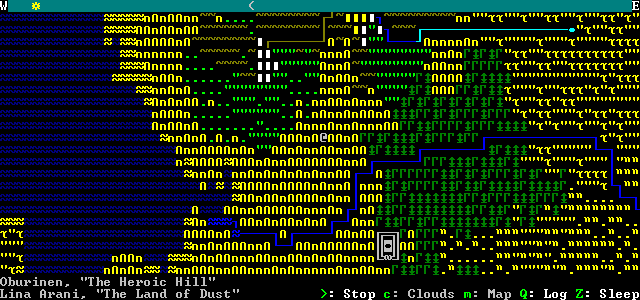
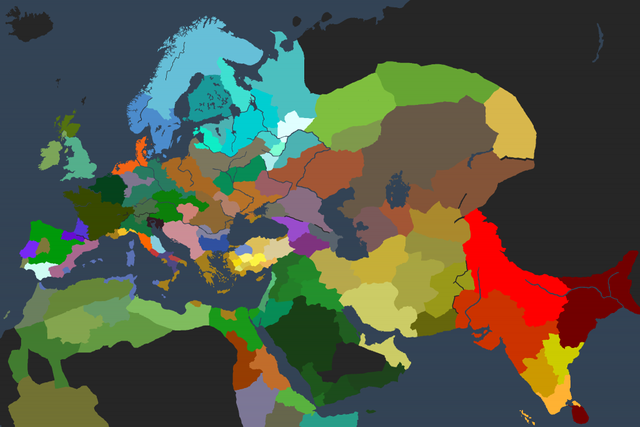
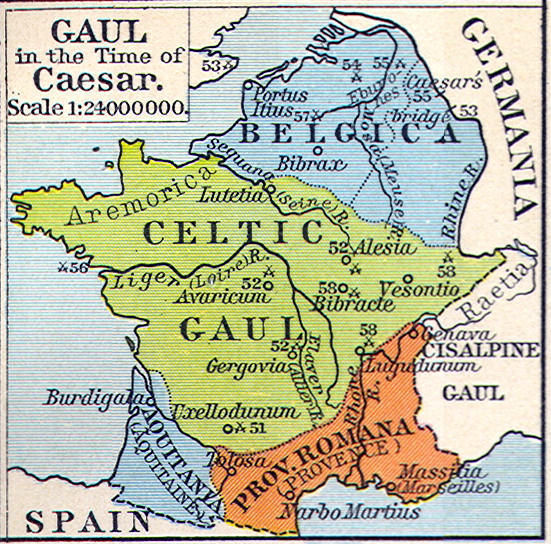
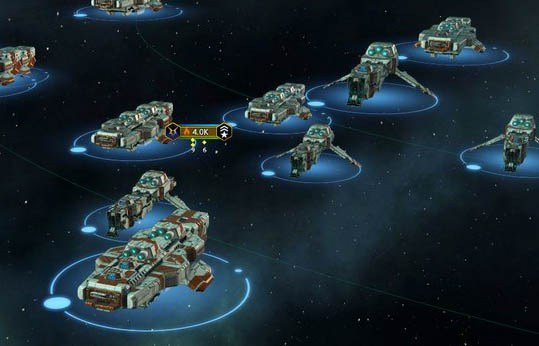
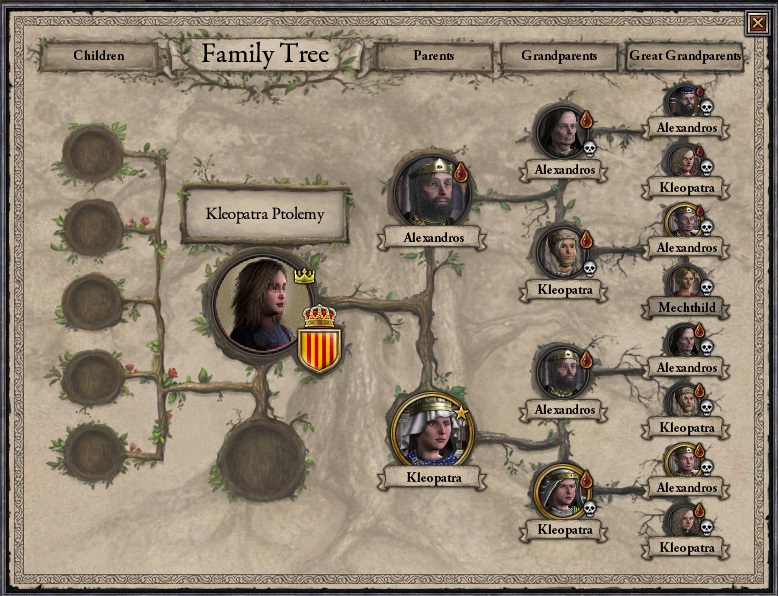

Very underrated aspect, indeed!
Congratulations @odingaming! You have completed some achievement on Steemit and have been rewarded with new badge(s) :
Click on any badge to view your own Board of Honor on SteemitBoard.
For more information about SteemitBoard, click here
If you no longer want to receive notifications, reply to this comment with the word
STOPCongratulations @odingaming! You received a personal award!
Click here to view your Board of Honor
Do not miss the last post from @steemitboard:
Congratulations @odingaming! You received a personal award!
You can view your badges on your Steem Board and compare to others on the Steem Ranking
Vote for @Steemitboard as a witness to get one more award and increased upvotes!